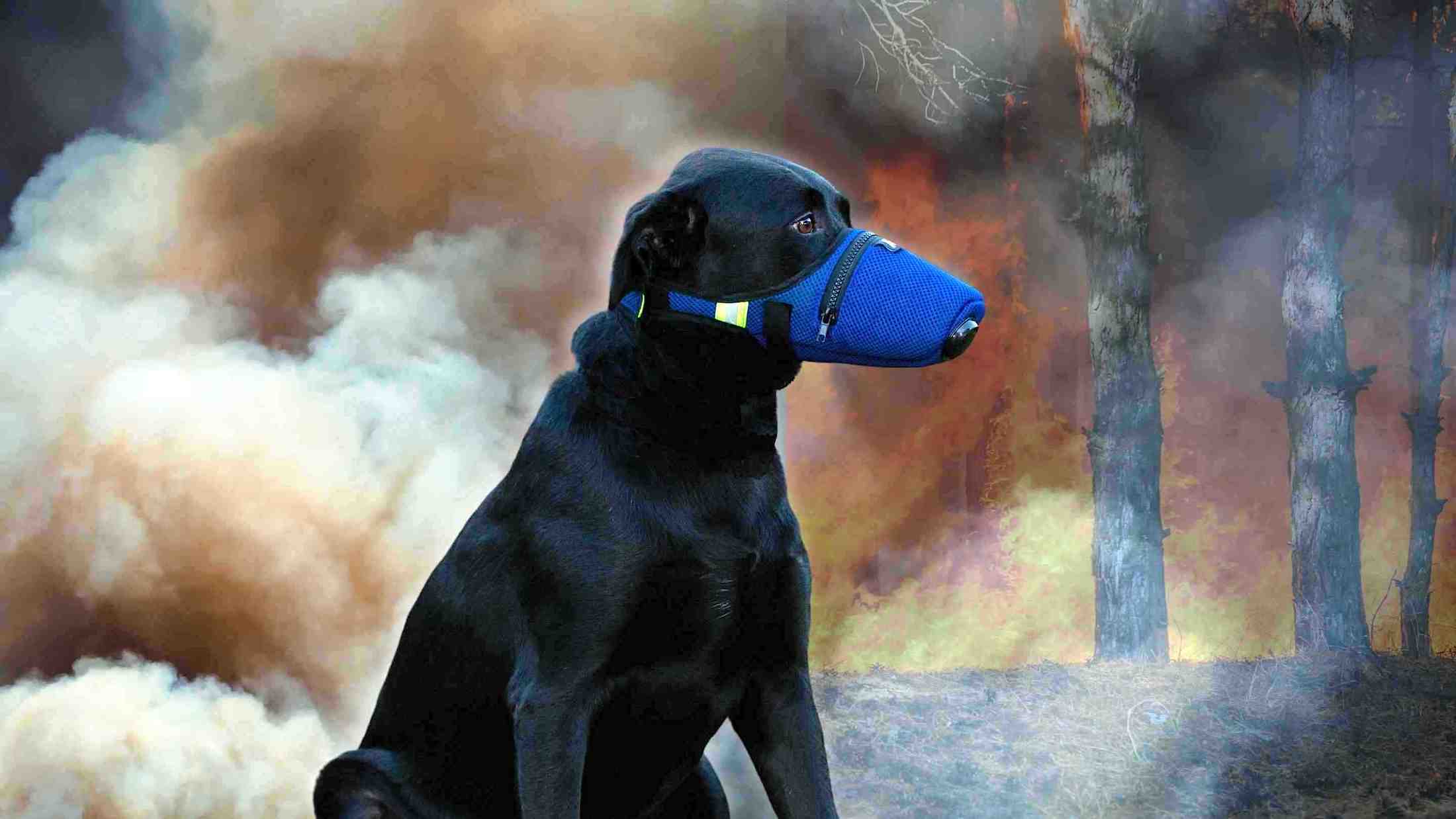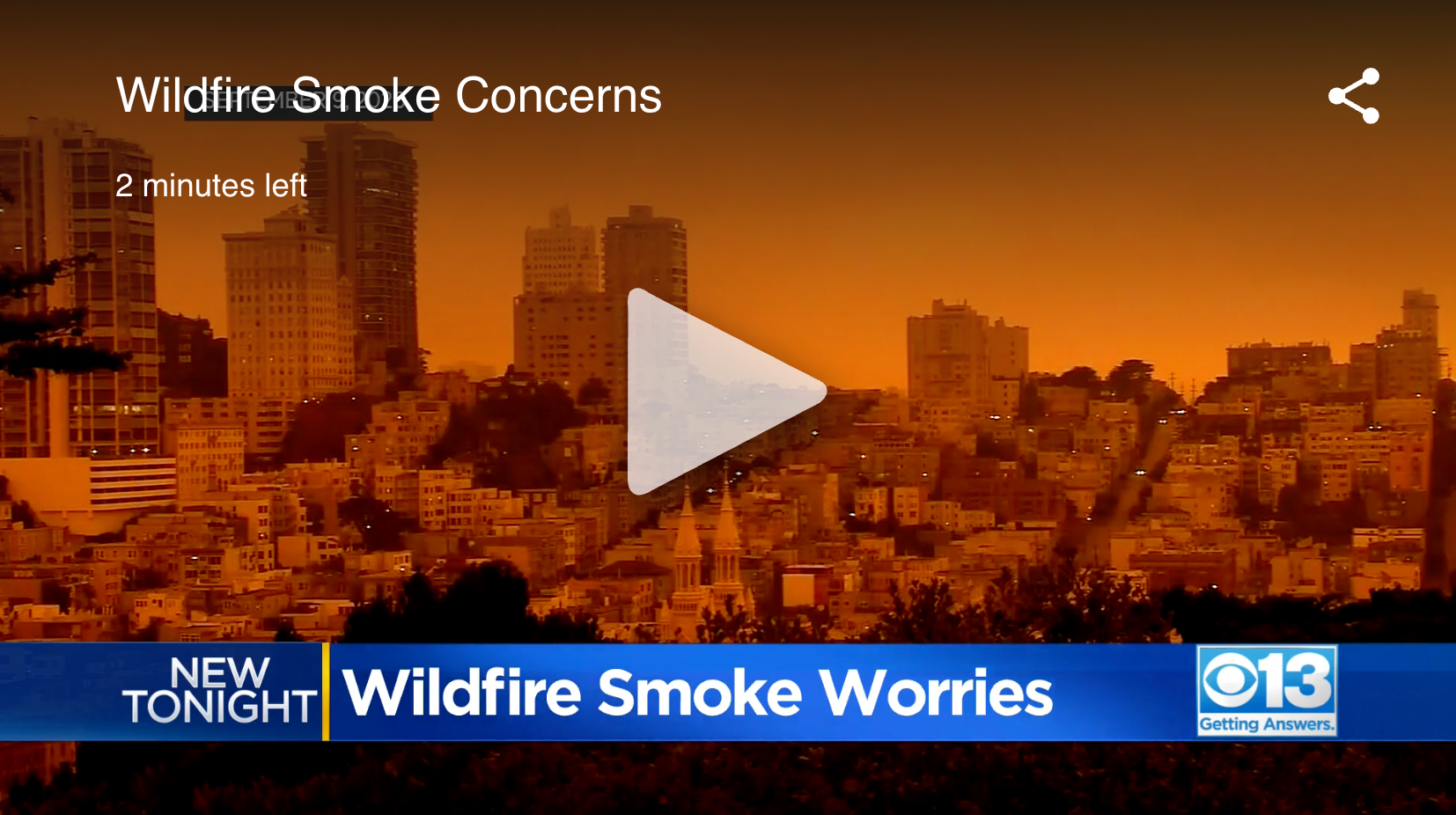During a heavy wildfire season in late August and early September 2020, a team of researchers at UC Davis Health launched a study to investigate immune cell and molecular biomarkers in the blood of healthy volunteers from the Sacramento region.
They discovered wildfire smoke puts even healthy people at risk of developing lung disease.
Exposure to wildfire smoke is becoming a global health problem as a hotter, dryer climate leads to more wildfires. Recent years have seen megafires in Australia, Greece, and the Western U.S. California’s five largest wildfires have occurred since 2018.
Wildfire smoke contains inhalable toxic gaseous and particulate matter associated with various detrimental health effects. And the impact of wildfires can be geographically large. In July 2021, smoke from wildfires burning in California and Oregon reached the East Coast.
The senior author of the study explained what surprised her the most and what she wants to be done so your lungs are protected. The 2020 wildfire season, what’s been called the worst on record, prompted Angela Haczku to launch the study.
“I usually go out running. And I got tired and I was coughing after each run,” said Angela Haczku, UC Davis Lung Center Research Director.
That prompted Haczku and a team of UC Davis Health researchers to launch a study on wildfire smoke. The professor of medicine and respiratory immunologist at UC Davis Health and her team collected blood during and after wildfire season. On some days, Northern California experienced the worst air quality in the world.
“The smoke was so heavy it reached the East coast,” said Haczku.

Researchers discovered significant and concerning pathological changes happen in the lungs and immune system when you’re exposed to wildfire smoke which could lead to lung disease. Haczku says the participants were initially healthy and that the changes crept up without any indications.
Haczku says participants didn’t show any symptoms or require any hospital visits and yet the study indicates repeated exposure to wildfire smoke - can definitely lead to disease development, including asthma or COPD. She hopes the findings alert authorities to make changes to protect people from wildfire smoke.
“This is what the study’s aimed at, to alert those who could actually have the power to be able to do something,” said Haczku.
As wildfire smoke becomes a bigger health problem for people and dogs every year, researchers hope their scientific findings alert lawmakers, fire officials, and environmental experts and prompt better mitigation efforts.














